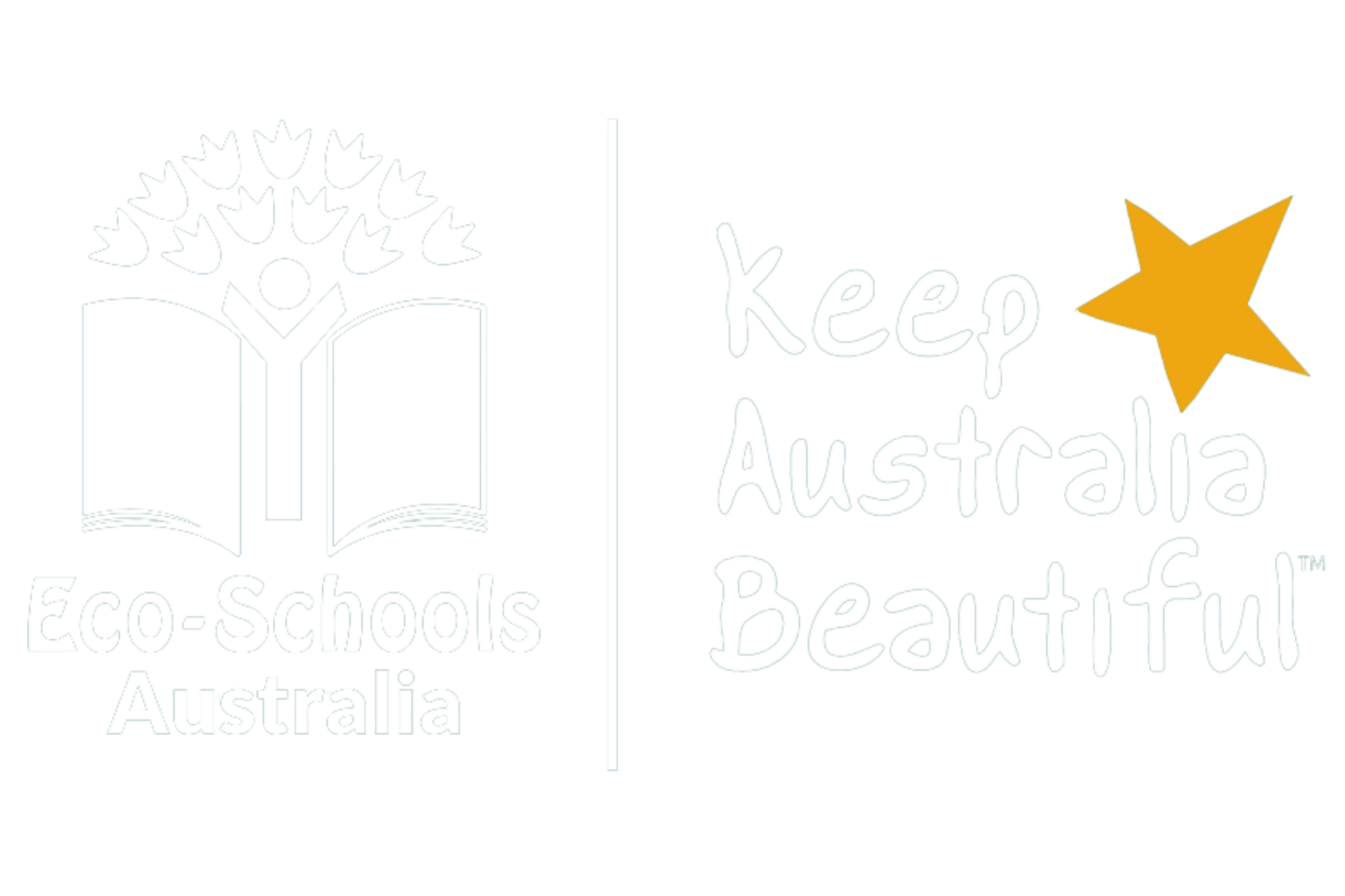Silver Award
The Silver Award is an intermediate level award for schools that continue their sustainability journey and want to step up by addressing two of our themes.
General Criteria
- The School is registered with Eco-Schools Australia, up to date with annual subscription & has provided all requested “Baseline” reporting data
- The School keeps a portfolio of evidence of Eco-Schools activities and projects completed (Eco-Schools Portfolio)
- The School completes the relevant online application form with supporting documents from their Eco-Schools Portfolio
Eco-Committee
- The school has an Eco-Committee that meets at least once a term, and members include:
- Students
- Teachers – Parent/governor representative
- Minutes are kept of meetings and progress reported back to class
- Students share responsibility with adults for running the committee, e.g. chairing, voting, taking minutes (at teachers’ discretion, based on age and ability of students involved).
Environmental Review
- The Eco-Committee completes an Environmental Review of t he school at least once a year against their chosen Eco-Schools themes
- Results of the review have been recorded, discussed by the Eco-Committee and communicated with the whole school to generate project ideas.
Action Plan (work on themes)
- The Eco-Committee has produced a detailed Action Plan, influenced by the Environmental Review, covering 2+ Eco-Schools themes.
- The action plan details timescales, targets and measures, and who is responsible
- Action Plan updates and other evidence in the Eco-Schools portfolio show achievements against at least 2 Eco-Schools themes
Monitor & Evaluate
- School has submitted baseline and follow-up data as required by Eco-Schools Australia
- The Eco-Committee collects evidence of completed Eco-Schools activities & action projects into their Eco-Schools Portfolio e.g samples of work, before and after photos, data collection
- The Eco-Committee can evaluate impacts of Eco-Schools action projects by reflecting on information they have collected
Curriculum Links
- The school can demonstrate that Eco-Schools themes are explored in at least three curriculum areas by most year groups
- Aspects of Eco-Schools activities such as Environmental Review, Monitoring & Evaluation and Informing & Involving, are integrated into a range of subjects across the curriculum for at least one year group .
Inform & Involve
- The school has a prominent, designated notice board , detailing Eco-Schools activities
- Details of Eco-Schools activities are put on the School’s website
- The Eco-Committee regularly communicates Eco-Schools activities to the whole school (e.g., via assemblies) and to the wider community (e.g., via the school newsletter & website.)
Eco – code
- The school has agreed, adopted and displayed their Eco-Code
- The Eco-Code is reviewed by the whole school every year to make sure it remains relevant

